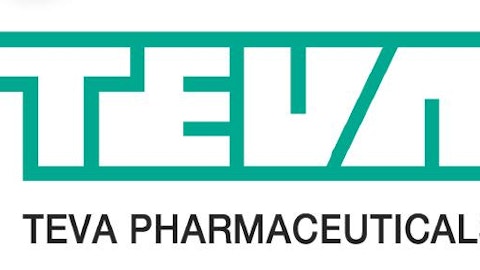Aflac generates about 75% of its premium revenue in Japan. The remaining 25% of premium revenue comes from the United States.
Up to this point many of my Dividend Aristocrat reports have ended disappointingly. Most of the 17 Dividend Aristocrats analyzed up to this point have been ‘holds’, not ‘buys’.

This analysis is different. Aflac is a buy at current prices. I am currently long Aflac. This article will answer the following questions about Aflac:
- Is the insurance industry stable enough for long-term investors?
- How will Japan’s struggling economy affect Aflac?
- Does Aflac have favorable growth prospects?
- Does Aflac have a shareholder friendly management?
- What are Aflac’s expected total returns?
- How does Aflac perform during recessions?
- Is Aflac stock currently undervalued?
Is the insurance industry stable enough for long-term investors?
The insurance industry is responsible for several phenomenal fortunes.
Warren Buffett’s Berkshire Hathaway Inc. (NYSE:BRK.A) is the largest insurer in the world. The lesser known Shelby Davis made $900 million investing in insurance companies (including Aflac). Even hedge fund manager David Einhorn has entered the insurance industry with Greenlight Capital Re, Ltd. (NASDAQ:GLRE).
The insurance industry has two primary characteristics that make it suitable for compounding wealth.
- The insurance industry is extremely stable
- The insurance industry gives investors a negative cost of capital
Insurance has not changed too much since Lloyd’s of London began selling marine insurance in the 17th century. Insurance uses the ‘law of large numbers’ to spread the risk of a negative event (like a car wreck, house fire, or cancer) over a large pool of people. If you pay a little each month, you will be covered in the case of a disaster.
The core concept of insurance has not changed much in the last 400 years, and it won’t change in the future. Technology and ‘big data’ only make calculating insurance risks easier. The nature of insurance makes it one of the most stable industries in the world.
The stability of the insurance industry is fairly obvious. The negative cost of capital aspect of insurance is less obvious. Here’s how it works:
- The best insurers (like Aflac) make a profit on their insurance policies. They collect more in premium revenue than they pay in administration and benefits.
- Premium money that has yet to be paid out for claims is invested. This is called float.
- When you can acquire funds to invest for free or get paid to acquire those funds (like the better insurers do), you are effectively being given anegative interest rate loan that you can use to invest. In other words, you get a negative cost of capital.
You can see how negative interest rate loans – called insurance float – can be extremely powerful in the hands of a world class investor like Warren Buffett. Investing insurance float is how Buffett went from being a multi-millionaire to a multi-billionaire.
NYSE:AFLYahoo FinanceAFLAC Incorporated (AFL)Is AFLAC A Good Stock To Buy Right Now?




